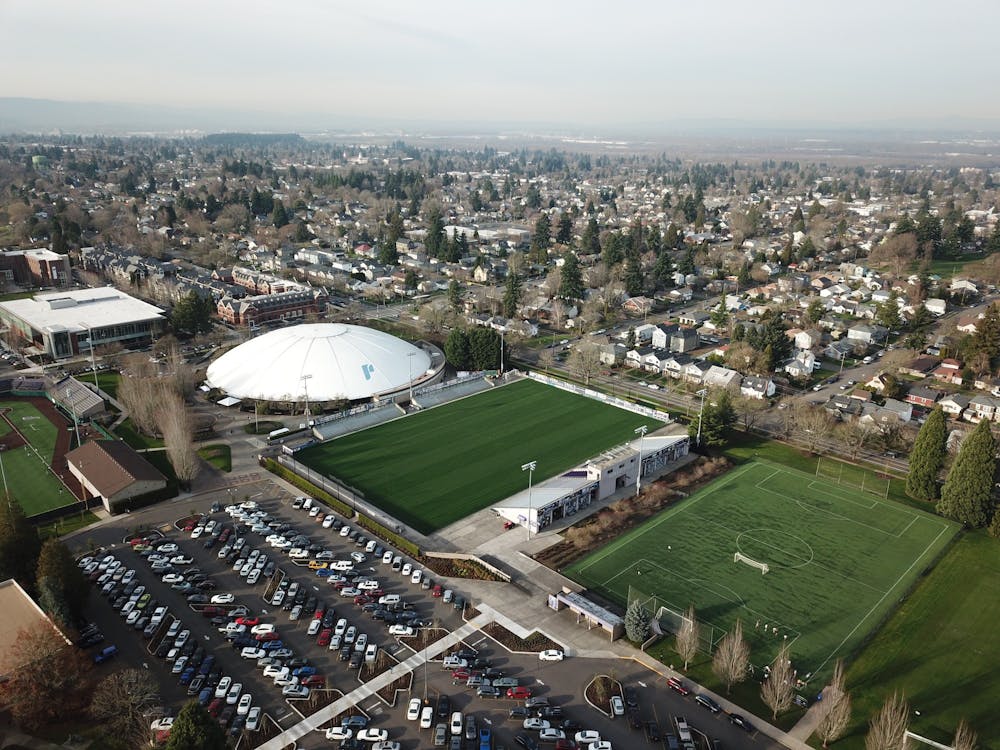In mid-January, the Portland Water Bureau announced that it would speed up its water treatment plans after detecting distressing lead samples in some houses in the PDX area, as reported by OPB.
After results from lead screenings in the city exceeded the Environmental Protection Agency’s “action level” of 15 parts per billion (ppb), Portland officials decided to take action. However, only some homes are impacted by the elevated lead levels. Homes built or plumbed between 1970 and 1985 are the most at-risk, according to OPB.
This news might be concerning for students off-campus in homes from that time period, and the Associated Students of the University of Portland (ASUP) have brought up the issue to UP’s Environmental Health and Safety Department.
“It’s difficult to tell if it’s something that would be affecting us specifically, but it’s always better to be safe than sorry,” Senior Class Senator Janiece Moore said.
UP has done extensive water testing at all of the buildings on campus, according to Environmental Health and Safety Officer Sarah Schmits. If a student is concerned about water quality in dorms or rental houses, they can contact Physical Plant to arrange for the water to be tested, Schmits said in an email.
Test results often come back within a week, and if there is a concern that the water is not safe to drink, UP will provide drinking water while you wait for the results, according to Schmits. The University uses Certified Environmental Consulting based in Vancouver, WA, almost exclusively.
The water bureau plans to reduce the pH level of the naturally corrosive water from the Bull Run reservoirs where Portland gets its water, which is likely causing lead in the plumbing of these homes to show up in the water, according to OPB. The bureau will offer filters for homes with lead levels higher than 10 ppb.
The city is also exploring the possibility of replacing the pipes in these at-risk homes.
Austin De Dios is the Editor-in-Chief of The Beacon. He can be reached at dedios22@up.edu.








